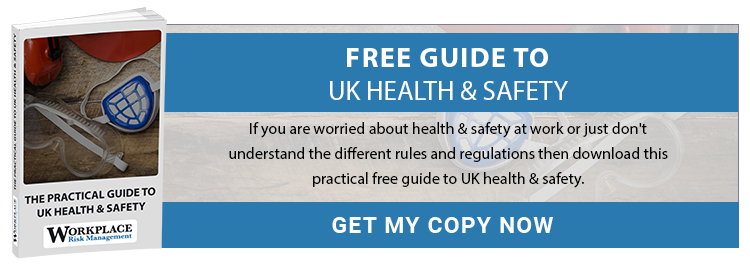
What is mandatory is that the workforce is competent and trained in the tasks they are assigned. In that sense, the employer has a duty of care to ensure that suitable training is made available where necessary. The employer is defined as the designer, contractor or client depending on the size of project and the stage at which it is (planning/design or actual construction).
Asbestos
One H&S mandatory training for the construction industry relates to staff who will be involved in handling asbestos or asbestos containing materials (ACMs). Typically, it applies to demolition projects but is not confined to that activity. Regulation 10 of the Control of Asbestos Regulations 2006 puts the onus on the employer to ensure the workforce who may be exposed to asbestos risk fully understand the risks and have undergone appropriate asbestos awareness training. Staff must be fully conversant with the potential dangers and also with the specific processes and procedures to be followed.
Skills
The H&S regulations, guidelines, checklists and other advisory materials make it quite clear that staff must be suitable skilled, competent and experienced in performing whatever task they are assigned. A typical example is the role of banksman, which is a critical element of deploying vehicles and plant safety on a site. It is not a H&S training requirement but rather a skill in the sense that being a safe and competent carpenter is not a H&S role but rather a skillset.
Site Management
The site manager is frequently the role that is responsible for ensuring that H&S compliance and awareness are properly adhered to. This role will most definitely benefit from sound training and periodic refresher training. It may not be practical or possible to deliver similar training to all of the supervisory roles on a site but a recognised single point of authority and expertise acts to transmit H&S knowledge, awareness and help to keep it at the forefront of people’s minds.
Training For Health And Safety Representatives
There are two possible categories of H&S representatives in the workforce
- Union representatives, where training is provided by the union
- Non-union representatives put forward by the workforce who are entitled to time off work for suitable training
While training is not legally mandatory, these individuals do carry an appreciable level of responsibility to ensure safety awareness is maintained on site. Therefore, investment in training at this level provides a valuable return.
A Sensible Approach To H&S Training
A company would be well advised to perform periodic review and audit of H&S requirements. This could be part of the regular management review of H&S in general. Engaging experts in the form of a company such as Workplace Risk Management introduces a professional view of current legislation, relevant H&S issues and experiences in the construction industry and can help identify gaps and drive out a plan of action. H&S training saves individuals from injury and the company from repercussions. It is not expensive and should be considered as a necessary and normal activity.
Manage Your Workplace Risks
Contact us today for a no-obligation professional consultation regarding your operation and any potential training risks that you feel may be exposed. We will be happy to advise you as to options for a way forward.


